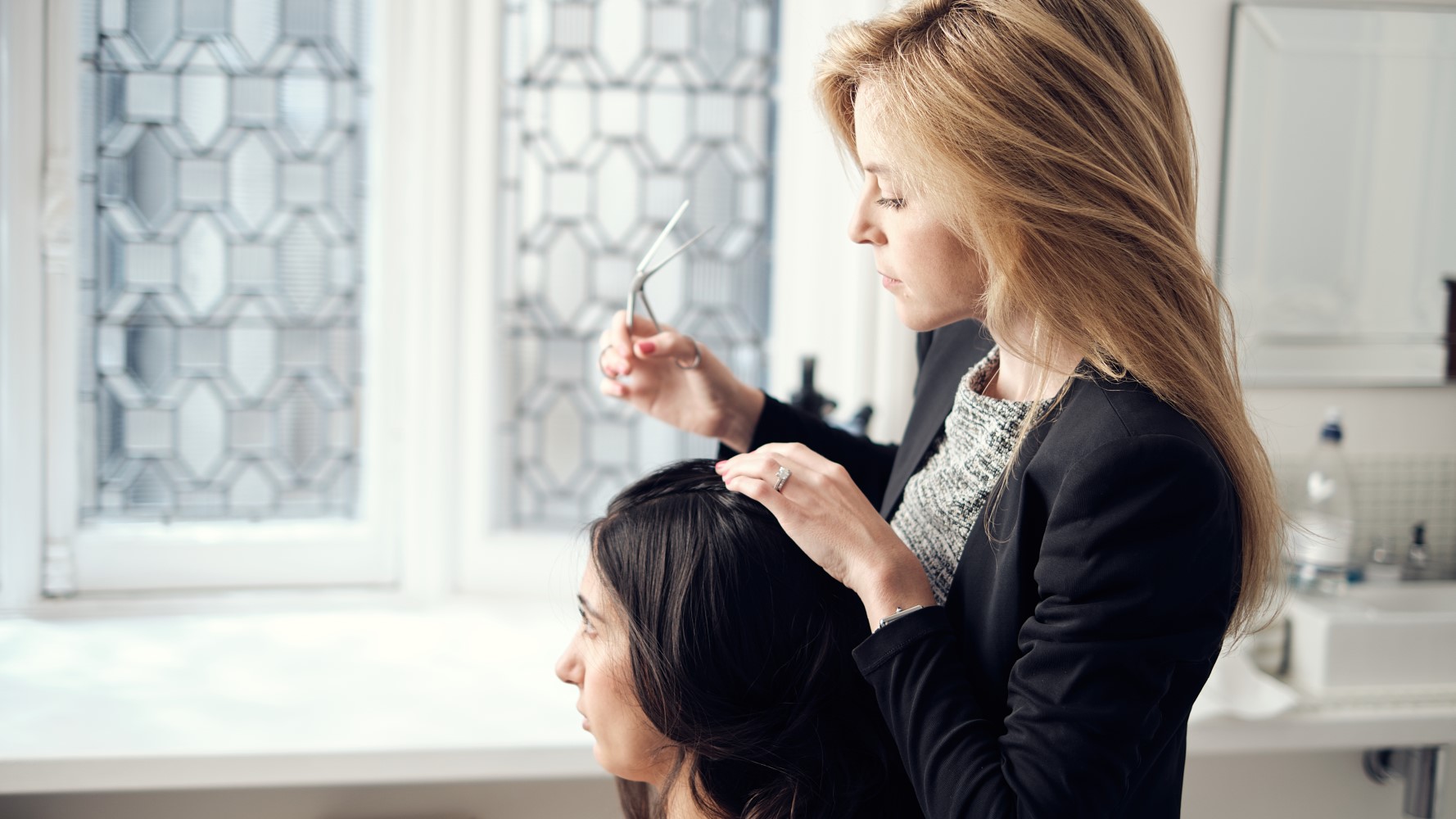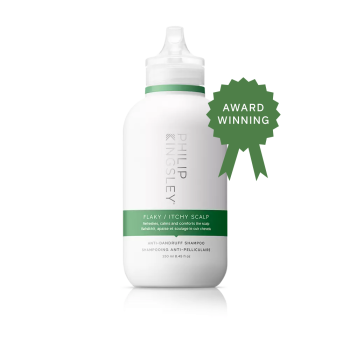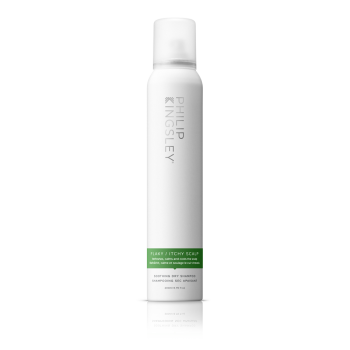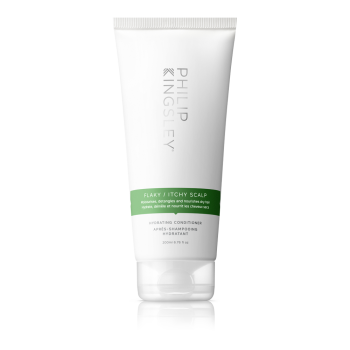But if you suffer from it, please don’t worry, and don’t be embarrassed. Dandruff is extremely common, affecting most people to some degree during their lives. And there are many effective products available to treat it.
We asked Anabel Kingsley, our Brand President and top Trichologist, to answer our most pressing questions about this irritating issue.
What causes dandruff?
Dandruff is a fungal (or yeast) condition. It usually occurs when the microbiome of your scalp becomes imbalanced. Yeasts naturally live on our scalps, and usually don’t cause any problems. However, when a certain normal species of fungus called the malassezia yeasts overgrow, this can cause skin cells to divide too rapidly – leading to tell-tale flakes and itching.
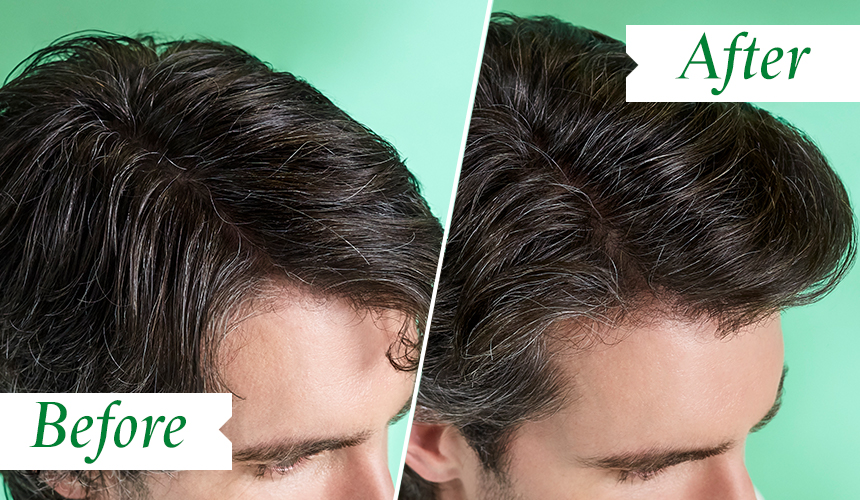
How can I tell the difference between dandruff and other flaky scalp conditions?
Several scalp conditions involve flakes, itching and scales. Here’s how to spot the difference between dandruff and two other common issues:
PSORIASIS: This is an auto-immune condition that typically causes tight, thick, white, asbestos-like plaques. Unlike dandruff, these scales are usually red with bleeding points underneath them. Psoriasis requires prescription products and treatments. If you have psoriasis on your scalp, it often occurs elsewhere on the body as well.
DRY SCALP: You may experience irritated, flaky skin if your scalp is dry. This looks and feels similar to dandruff, but is a completely different condition. Whereas dandruff is caused by excess yeast on the scalp, a dry scalp occurs when the top layer of your skin (the epidermis) lacks moisture (water).
Dry scalp is commonly caused by environmental factors, such as weather. It is common in the winter months, thanks to drying central heating and blustery, cold winds. Summertime can also spell trouble, since your scalp may become sunburnt. A dry scalp is also more likely to occur when your scalp is not producing enough sebum (oil) – which tends to happen as we get older. While a dry scalp is common, it’s not quite as common as having dry skin elsewhere, such as on your hands, arms, legs and even your face. This is because your scalp is a highly sebaceous (oily) environment compared to most other parts of your body.
If you are worried about any type of scalp condition, we have a wealth of information available online, on our Hair Guide pages here.
Can a change of season trigger dandruff?
Yes. Scalp crankiness peaks in winter. Stress levels often skyrocket around the holiday season and during the darker days of the year. This can disrupt the skin’s barrier function and trigger flaking and itching in those who are pre-disposed to dandruff.
Diet also plays a role. Winter is the season of cheese plates and celebratory glasses of champagne. Both of these can aggravate your scalp.
CLINIC CONSULTATIONS
If you are worried about any form of hair or scalp condition, our Clinics in London and New York specialise in all aspects of hair and scalp health, and will be pleased to welcome you.
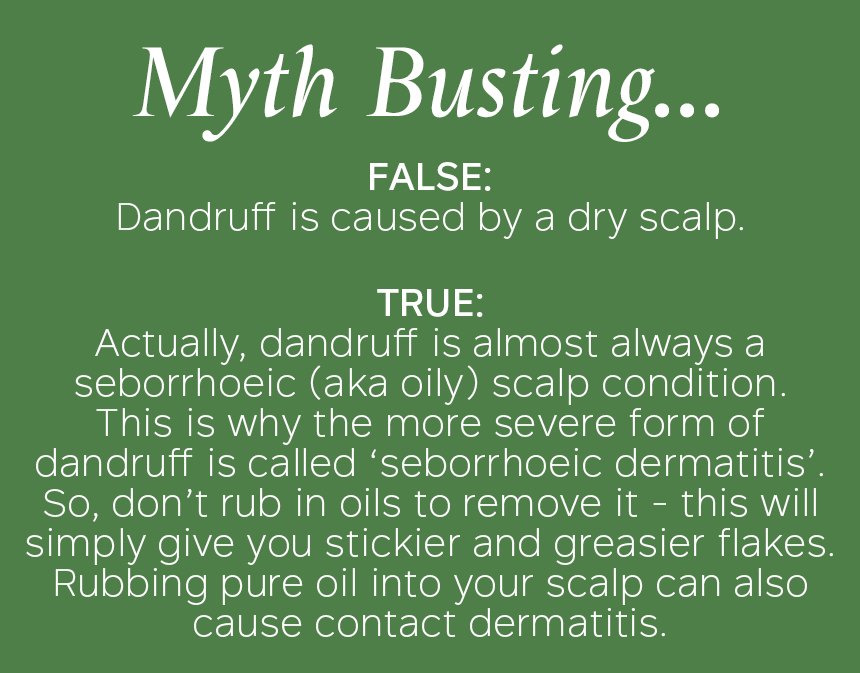
How can you treat dandruff?
I recommend taking a two-pronged approach: products, and holistic lifestyle adjustments.
PRODUCTS: Consistency is key. If you had a skin condition on your face, like acne, you would use a regime of topical products to address it. Dandruff is the same.
Cleanse your scalp daily with a targeted shampoo. Our award-winning Flaky/Itchy Scalp Shampoo contains Piroctone Olamine – which specifically targets the malassezia yeasts. Follow with our NEW Flaky/Itchy Scalp Conditioner. Applied on the mid-lengths and ends of your hair, this super-lightweight, re-hydrating conditioner has been formulated for even the oiliest of hair types.
Malassezia yeasts thrive in an oily environment, and so are likely to overgrow if you shampoo infrequently or have a naturally oily scalp. However, it is also thought that some people’s scalps are simply sensitive to normal levels of these yeasts. If you’re prone to dandruff, then stress, illness, monthly hormonal fluctuations, and certain foods (like full-fat dairy products) often trigger it.
I also recommend using a targeted toner, and a mask, to help combat causes and symptoms. Our Flaky/Itchy Scalp Toner instantly refreshes and comforts itchy scalps. And our Flaky/Itchy Scalp Mask, used twice a week until symptoms clear, will help relieve and tackle dandruff. I’m also very excited to introduce our NEW Flaky/Itchy Dry Shampoo - the first dry shampoo to address dandruff while soothing and comforting scalp irritation on-the-go. Use when you’re in a hurry!
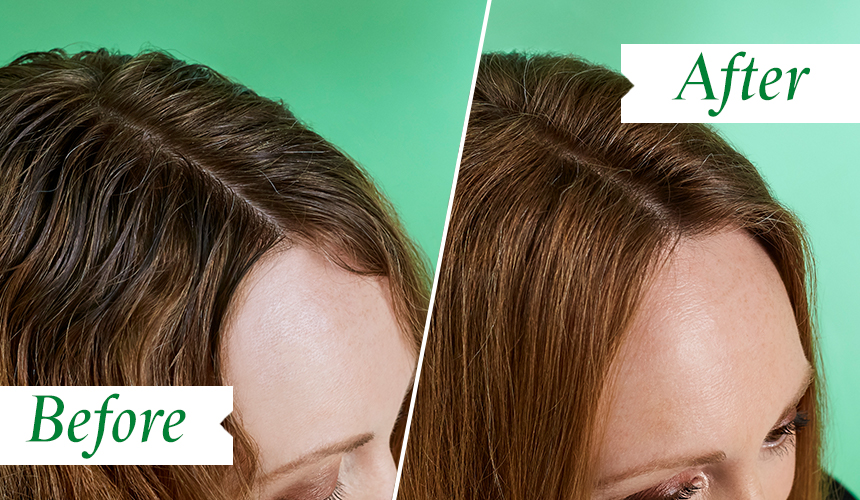
HOLISTIC APPROACH: Combating frequent dandruff is not simply about the products you use, but how you are looking after yourself. Take a look at your diet. I recommend my clients increase their intake of foods rich in anti-inflammatory Omega 3. Good examples are salmon, sardines, seaweed, chia seeds and flax seeds. Taking an Omega 3 supplement can also help.
Try to deduce if certain foods or drinks flare up your scalp – and then adjust your diet accordingly. Many people find full-fat dairy products, like cheese, as well as white wine and champagne, worsen their symptoms. Others find that red peppers, cooked tomatoes and sugary foods set their scalp a-blazing.
Stress can also aggravate your scalp. Yoga, Pilates, mindfulness, meditation, swimming and walking can be great stress reducers.
To refresh, rebalance and reset your scalp discover our Flaky/Itchy Scalp solutions here.




